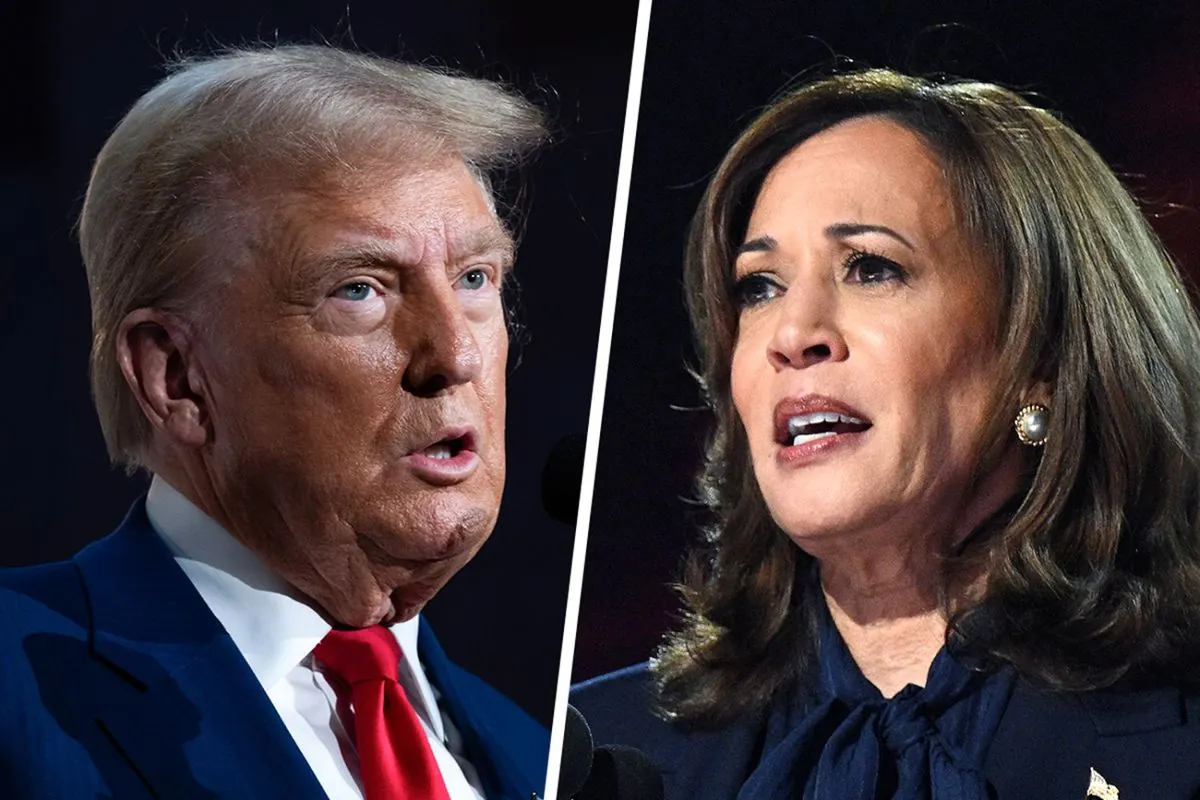Trump vs. Harris: Contrasting Visions for America's Future
As the 2024 election approaches, **Donald Trump** and **Kamala Harris** present divergent policies on key issues. From immigration to foreign policy, their platforms reflect distinct ideologies shaping America's path.

The upcoming U.S. presidential election on November 5, 2024, pits former President Donald Trump against Vice President Kamala Harris, offering voters starkly different visions for America's future. As the first female, African American, and Asian American vice president, Harris represents a moderate Democratic stance, while Trump has reshaped the Republican party in his image, advocating for more radical changes.
On immigration, Trump maintains his hard-line approach, promising to close the U.S.-Mexico border and initiate mass deportations. He plans to utilize local police, National Guard, and potentially the military for this purpose. In contrast, Harris opposes family separation and supports a path to citizenship for undocumented spouses of U.S. citizens. She backed a bipartisan border deal that could have been the first significant immigration reform since 1986.
Regarding the ongoing Russia-Ukraine War, which began on February 24, 2022, Trump calls for an immediate ceasefire, claiming he could end the conflict swiftly. Harris, representing the Biden administration, has been instrumental in rallying NATO support for Ukraine. The U.S. has provided over $75 billion in aid to Ukraine since the war's onset.

On abortion, Trump's position has evolved. He now advocates for leaving the issue to individual states following the Supreme Court's 2022 decision overturning Roe v. Wade, the landmark 1973 ruling. Harris strongly supports a woman's right to choose and has campaigned extensively on reproductive rights.
Economically, Trump favors extending his 2017 tax cuts and imposing high tariffs on imports, particularly from China. Harris supports the Biden administration's plans to increase corporate tax rates and focuses on strengthening the middle class.
The Israel-Gaza conflict highlights further differences. Trump claims to be the most pro-Israel president in history, citing his decision to move the U.S. Embassy to Jerusalem in 2018 and brokering the Abraham Accords. Harris has supported Israel while expressing concern over civilian casualties in Gaza.
Climate change policies diverge significantly. Trump plans to reverse Biden's environmental initiatives and expand fossil fuel production. Harris acknowledges climate change as a critical issue and supports renewable energy investments through measures like the Inflation Reduction Act of 2022.
In foreign policy, Trump emphasizes an "America First" approach, often criticizing NATO while praising authoritarian leaders. Harris reaffirms support for NATO and traditional U.S. alliances. Both maintain the "One China" policy regarding Taiwan, established in 1979, but differ in their approach to its defense.
As the election nears, voters face a choice between two distinct paths for America's domestic and international future.
"We are very clear, and I think most Americans are clear, that we have a broken immigration system and we need to fix it."


































